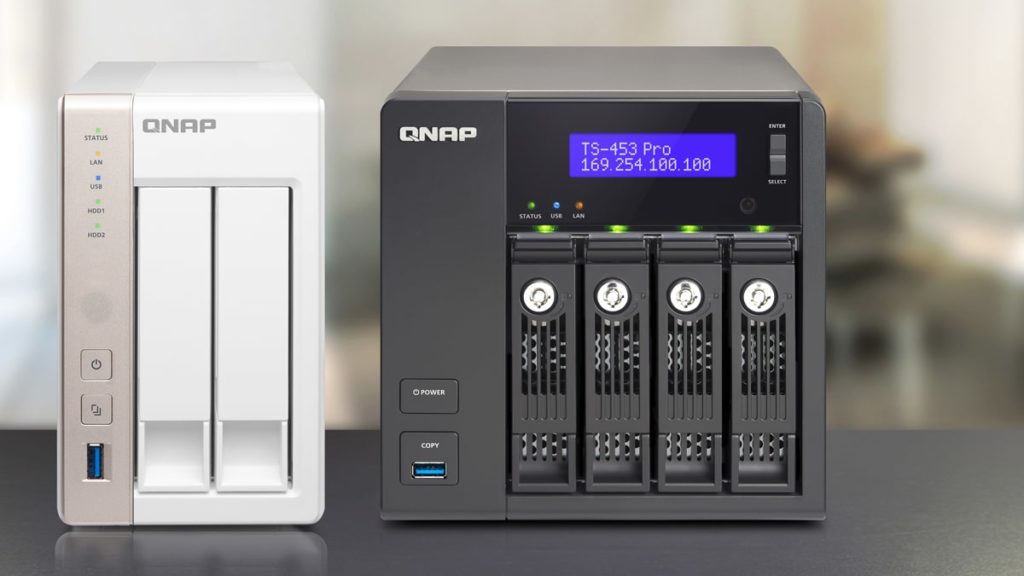Image: QNAP
QNAP has warned owners of its popular NAS units to check whether their devices are exposed to the Internet or not, as there’s a new type of ransomware going around that could jeopardize all of their stored data.
Dubbed “DeadBolt,” the ransomware has the potential to infect any QNAP NAS unit that is exposed to the Internet and encrypt their data for Bitcoin ransom. An extensive thread on the official QNAP NAS Community Forum with nearly 300 posts includes stories from affected users who can no longer access their files.
“Hi, my QNAP NAS drive just got attacked by a ransonware that turned all my files to files with a .deadbolt extension,” reads the opening post. “Wondering if this is a new ransomware or if anyone has experience with this? I googled it and have not come up with anything as of...
Continue reading...
